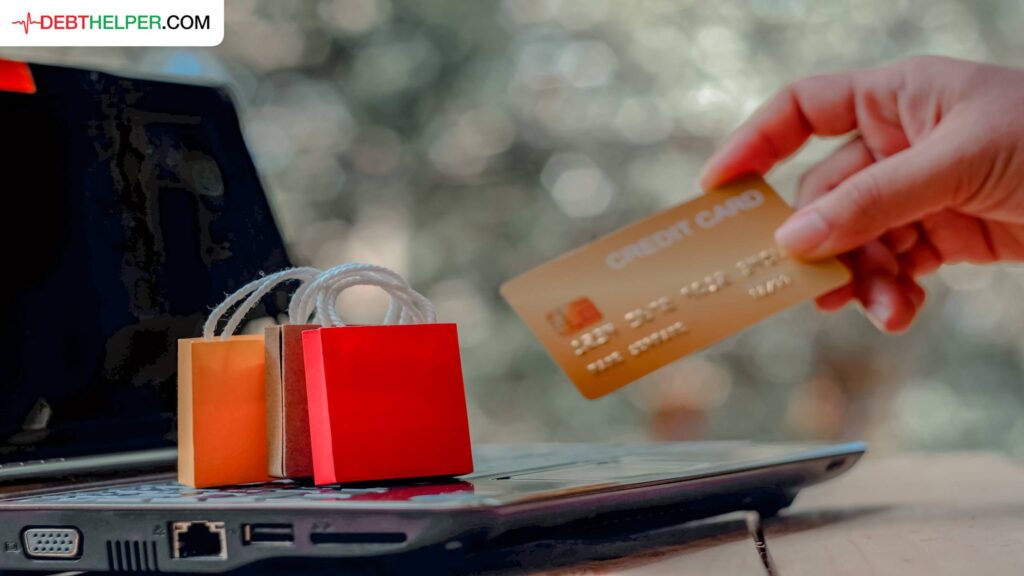Despite consumer protections, you could still be on the hook
By Tamara E. Holmes
If you think your funds are protected in the event of debit card fraud, you might be surprised to learn that in some circumstances, they really aren’t.
The next time you make a payment with plastic, consider this scary statistic: More than 25 percent of data breaches in the United States involve credit and debit cards, according to the Identity Theft Resource Center. While there are laws that limit consumers’ liability for fraudulent charges, there are instances where debit card users may be left footing the bill.
The Fair Credit Billing Act limits liability for unauthorized credit card charges to $50. The Electronic Fund Transfer Act (EFTA) provides similar protections to debit and ATM users, keeping their liability to $50 or less, but only in certain cases.
“As a general matter, you’re not liable for unauthorized transactions, but if you lose the card, you may be liable if you don’t report that someone’s been using your account,” says Nessa Feddis, vice president and senior counsel for the trade group American Bankers Association.
According to EFTA, if you report a debit or ATM card missing before it’s used, you’ll be liable for nothing. If you report it missing within two business days of discovering the loss, your liability is capped at $50 for unauthorized charges. However, if you don’t report the loss within two business days, you could be held liable for $500. If you don’t report unauthorized charges within 60 days of receiving a bank statement with the charges, you could be held liable for the entire amount.
Beware of ‘friendly fraud’
While banks can’t penalize you for being careless with your debit card or for leaving a piece of paper lying around with your PIN number, there may be unauthorized charges that banks can hold you responsible for under EFTA.
The customer will be held liable if the customer gave permission to the individual who made the transactions and did not revoke that authorization with the bank. |
| — Amanda Landers Capital One Bank |
For example, when the disputed charges were made by a friend or family member, the situation could get murky. “Merely knowing the suspected perpetrator would not result in the cardholder being liable for fraudulent transactions,” says Lisa Westermann, a spokeswoman for Wells Fargo. However, “if the customer gave his or her PIN to the fraudster, we may decline the fraud claim.”
Say you decided to entrust your PIN number to a relative so that she could make one withdrawal for you. Even if the relative then made another withdrawal without your permission, you could be held liable for both transactions.
What Happens If Someone Uses Your Debit Card Without Permission?
Debit card fraud can happen to anyone. But your responsibility depends on whether you gave someone permission to use your card or PIN. Here’s a clear explanation of how banks handle these situations and what you should do to protect yourself.
When You Give Someone Permission to Use Your Card
According to Amanda Landers, spokesperson for Capital One Bank, you are responsible for any transactions made by a person you authorized.
If you previously gave someone temporary access to your PIN, you must inform the bank when that permission ends. After that, the bank will ask you to change your PIN or they may issue a new card.
When Someone Uses Your PIN Without Permission
If a friend or family member discovers your PIN and uses your card without consent, the bank will usually remove the charges.
However, you will likely need to sign an affidavit saying you did not allow the transactions.
This step can create tension, especially if the fraud involves someone you know.
Linda Sherry of Consumer Action explains:
“Are you really going to want to bring charges against your son, daughter, or someone close to you? The bank may expect you to do that.”
How Banks Handle Unauthorized Transactions
Legally, banks can hold customers liable for up to $50 if the fraud is reported within two days. In reality, most banks do not hold you responsible at all once fraud is confirmed.
Still, unauthorized withdrawals can empty your account. To reduce the stress, many banks give provisional credit—temporary refunds—while they investigate.
Real Example
Michael Alston from Austin, Texas, found about $110 in fraudulent charges after his card was skimmed at a gas station. His bank returned the full amount the next day.
How Quickly Banks Provide Provisional Credit
Different banks have different timelines:
Wells Fargo: Within 48 hours
Bank of America: Within 24 hours
J.P. Morgan Chase: Within one business day
Capital One: Requires a written claim before credit is issued
If the bank later finds that no fraud occurred, the customer must repay the credit.
How to Protect Your Debit Card and PIN
The best defense is prevention. Keep your PIN private, shield your keypad at ATMs, and never store your card in unsecured places.
As Nessa Feddis says, “It’s a shared responsibility to make sure there is no fraud.”






